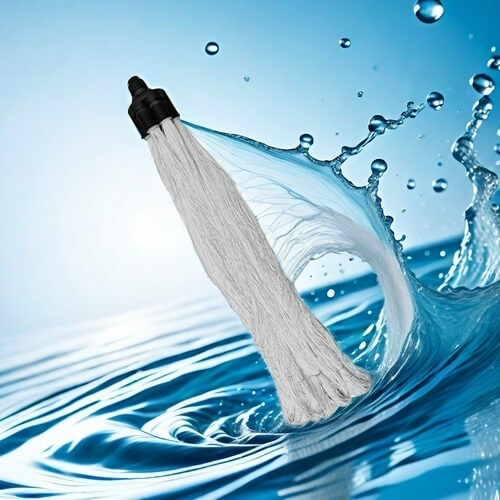Aquaculture wastewater treatment technology
The treatment technologies for aquaculture wastewater mainly include physical, chemical, and biological treatment methods. The following is a detailed introduction to various technologies:
1. Physical processing technology
Precipitation method: Dissolve suspended particles in water by gravity, suitable for preliminary treatment.
Membrane technology: including membrane reactors (MBR), ultrafiltration, and nanofiltration. Membrane technology can effectively remove organic matter and bacteria, but there are issues with membrane fouling and high costs
2. Chemical treatment technology
Lethal treatment: utilizing lethal strong oxidizing properties to decompose organic matter and pathogens in water, with extremely high sterilization efficiency.
Immediate processing: Use electric current to cause oxidation, reduction and other reactions of hydrogen gas, remove organic matter, anode, etc., and do not produce secondary pollution

3. Biological treatment technology
Pollutant treatment: Using specific pollutants to degrade organic matter and nitrogen and phosphorus in water has the advantages of low cost and environmental protection, and is the main treatment method
Ecological engineering technology: such as constructing artificial wetlands, eliminating pollutants through the joint action of plants and microorganisms, suitable for natural treatment modes
4. Comprehensive processing method
Ecological treatment pool: discharging aquaculture wastewater into the ecological pool, absorbing photosynthetic bacteria and algae, achieving self purification of wastewater through the ecosystem, while recovering nutrients
Returning farmland mode: reusing treated wastewater for agricultural irrigation to achieve resource recycling, but with lower efficiency
Summary
There are various treatment technologies for aquaculture wastewater, each with its own advantages and disadvantages. The future development direction should focus on improving processing efficiency, reducing costs, and exploring resource recycling to achieve sustainable development.
